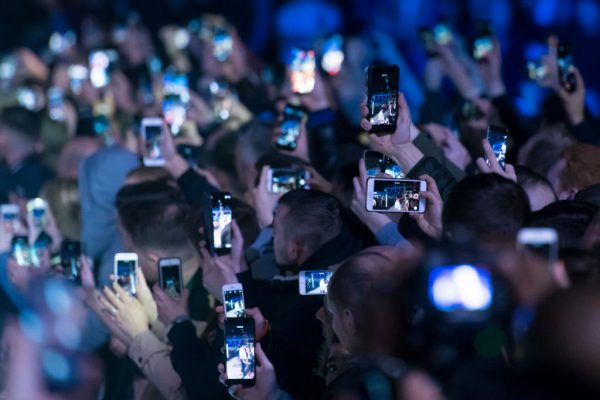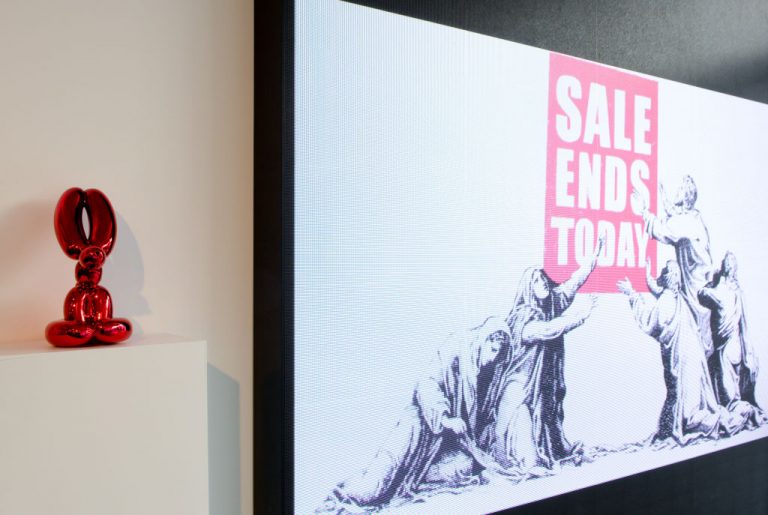An annual survey examining worldviews by a Christian University unearthed several insights into the state of spirituality and faith of both the Millennial and Gen X generations.
The 2021 American Worldview Inventory, a survey of 2,000 U.S. adults focused on four age brackets based on year of birth: Millennials (1984-2002), Gen X (1965-1983), Boomers (1946-1964), and Builders (1927-1945).
The study, being conducted by the Cultural Research Center of the Arizona Christian University, primarily concerned itself in its conclusions with the matter of decline in religion and Bible-based faith in the hearts of the two newest generations, especially compared to their predecessors.
Nonetheless, the survey found several insights into the psychology and spirituality of today’s people.
The 7-page report is light on data and heavy on a concerned narrative about the decline of the Christian worldview. Its survey provoked responses to statements such as willingness to try anything once, belief in karma, reincarnation, horoscopes, and whether God exists or if it matters if He exists.
Success
You are now signed up for our newsletter
Success
Check your email to complete sign up
Respondents were asked if they identified as Christian. Only 57 percent of Millennials said they did compared to 70, 79, and 83 percent of the Gen X, Boomers, and Builders generations respectively.
66 and 57 percent of Millennials and Gen Xers said they were willing to try anything once, compared to only 31 and 28 percent of Boomers and Builders. At the same time, 64 and 61 percent of the younger generations said they believed in karma. Boomers were not far off at 52 percent, yet Builders trailed the pack at only 30 percent.
When it came to who believes in reincarnation, Millennials led the pack at 51 percent, with the older three generations trailing significantly at 39, 29, and 20 percent.
While only 35 and 32 percent of Millennials and Gen Xers said they personally received guidance from their horoscope, Boomers and Builders almost universally rejected the notion at 10 and 3 percent respectively.
When it came to moral and spiritual issues in the survey, there was a big divergence between Millennials, Gen X, and the older generations.

On the question of if you treat others as you want them to treat you, 48 and 53 percent of Millennials and Gen X responded in the affirmative, while the older generations were overwhelmingly in favor of the principle at 81 and 90 percent for Boomers and Builders.
A similar state was reflected in the question of whether respondents thought it was appropriate to get even with others who had wronged them. While 38 and 33 percent of the younger generations agreed, only 12 and 10 percent of the older generations shared the sentiment.
In terms of belief in God, Millennials showed a sharp drop off at only 31 percent, compared to 47, 57, and 64 percent of the other three generations. Meanwhile, 44 percent of Millennials nonetheless said they believed Satan was real compared to 58 percent of Gen X and 64 percent of Boomers.
Yet only 55 percent of the Builders generation said they believed Satan was a real being.
Takers were asked if they “Don’t know, care, or believe that God exists.” Millennials led the pack at 43 percent. The other three generations were a close race at 31, 28, and 27 percent.
When asked about their “most influential worldview,” Millennials and Gen X were mostly classified as belonging to Moral Therapeutic Deism at 44 and 38 percent respectively, while Biblical Theism was the most prevalent for Boomers and Builders at 42 and 47 percent.
Moral Therapeutic Deism is a concept created by sociologists Christian Smith and Melinda Denton in a 2005 book Soul Searching: The Religious and Spiritual Lives of American Teenagers. The authors interviewed 3,000 teenagers and found rather than believe in a specific doctrine or deity, youth generally believed in a set of beliefs and values that were defined as such in the book:
- A God exists who created and ordered the world and watches over human life on earth;
- God wants people to be good, nice, and fair to each other, as taught in the Bible and by most world religions;
- The central goal of life is to be happy and to feel good about oneself;
- God does not need to be particularly involved in one’s life except when God is needed to resolve a problem; and
- Good people go to heaven when they die.
Smith and Denton say their respondents thought of the concept of God as less of a deity and more of a type of self therapy, viewing the Divine as, “something like a combination Divine Butler and Cosmic Therapist: he’s always on call, takes care of any problems that arise, professionally helps his people to feel better about themselves, and does not become too personally involved in the process.”
The Arizona Christian University study found that while Marxism was rather unpopular as a worldview in their younger respondents at only 10, 9, and 9 percent respectively, more Builders identified with Chinese Communist Party values at 14 percent.
Author of the study, sociologist George Barna, said there were key components to the world Millennials’ seek to build, such as an expansion of government power and spending, “more episodes of violence and combativeness,” and a decline of traditional Christian community and religious practices.
Barna also said Millennials would suffer difficult interpersonal relationships “due to declining levels of trust, diminished willingness to compromise, heightened reliance of technology for communication, and disappointments produced by the lack of moral consensus,” and “Reshaped family units given fewer formal marriages, increased levels of divorce and separation, liberalized sexual morality, and the reduced appeal of raising children.”
However, in the report it is unclear if survey takers were asked these questions, or if they are Barna’s hypothesis or analysis.







